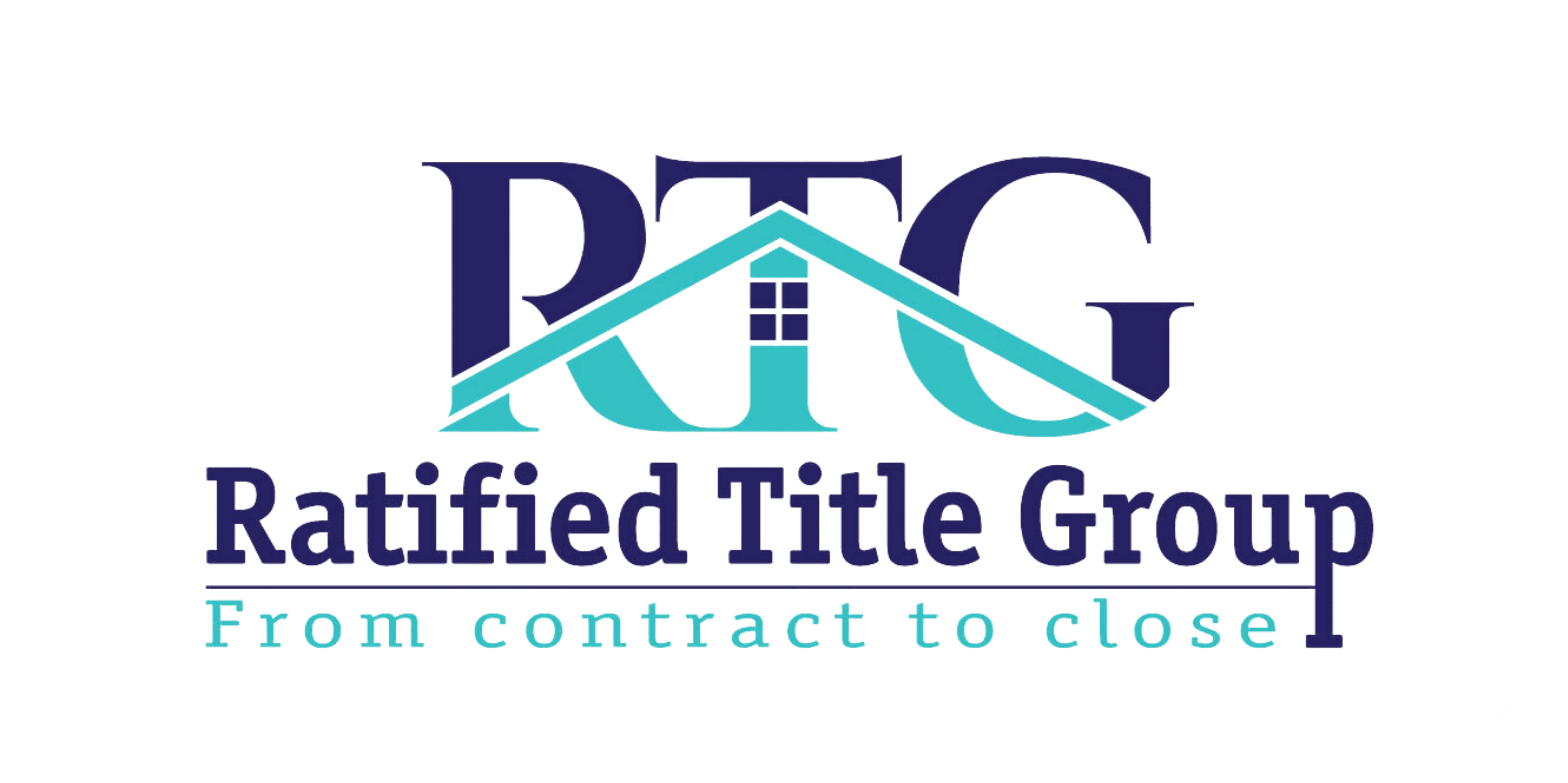Buying or selling a home is one of the most significant financial decisions in a person’s life. While many focus on price, location, and mortgage details, the home title often gets overlooked. Understanding the role of a home title in real estate transactions is critical for protecting your investment and ensuring a smooth property transfer.
At Ratified Title Group, we specialize in providing secure and efficient home title services in Virginia, guiding both buyers and sellers through every step of the process.
What is a Home Title?
A home title is a legal document that establishes ownership of a property. It shows who legally owns the house or land and outlines any claims, liens, or restrictions associated with the property. In simpler terms, the title proves your right to the property.
Key aspects of a home title include:
-
Ownership rights: Who has legal ownership of the property.
-
Liens and debts: Outstanding mortgages or loans tied to the property.
-
Easements and restrictions: Agreements allowing others limited use of the property.
-
Legal description: Accurate details of property boundaries and size.
Without a clear title, buyers may face legal disputes or financial loss, while sellers could encounter challenges transferring ownership.
Why Home Titles Are Essential in Real Estate Transactions
A home title is a crucial part of any real estate transaction, serving as proof of ownership and protecting both buyers and sellers. It ensures that the property is free from liens, disputes, or legal claims, allowing for a smooth and secure transfer. Understanding Virginia Home Title laws, conducting a thorough title search, and obtaining title insurance are essential steps to safeguard your investment and ensure peace of mind throughout the buying or selling process.
Protects Buyers
When purchasing a property, verifying a clear title ensures that the seller has the legal right to transfer ownership. A title search conducted by professionals uncovers any unpaid debts, liens, or legal disputes that may affect the property.
Protects Sellers
Sellers need to guarantee that the property’s title is free of issues before listing. A clean title reassures buyers and prevents delays in closing the deal. It also protects the seller from potential lawsuits after the transaction.
Facilitates Smooth Transactions
A home title allows for efficient real estate transactions by providing documented proof of ownership and ensuring all legal obligations are met. This process helps avoid complications that may arise from disputes over ownership, unpaid taxes, or encumbrances.
Understanding Virginia Home Title Laws
In Virginia, home titles are governed by specific state laws to ensure secure and legally valid property transfers. Understanding these laws is vital for buyers and sellers alike.
-
Recording Requirements: Virginia law requires that all property transfers be recorded with the local county or city clerk. This process establishes a public record of ownership.
-
Title Search: Conducting a title search is a crucial step to verify ownership history and check for liens or encumbrances.
-
Title Insurance: Protects buyers and lenders from losses due to defects or disputes related to the property’s title.
By following these regulations, both parties can minimize risks and ensure that property transactions are legally sound.
The Home Title Process
The home title process involves several steps to ensure ownership is properly transferred and protected.
1. Title Search
A comprehensive search of public records is conducted to confirm the property’s ownership history. This step identifies any issues, such as liens, unpaid taxes, or legal disputes.
2. Title Examination
Once the search is complete, experts review the findings to ensure the property has a clear and marketable title. Any discrepancies are resolved before closing.
3. Title Insurance
Title insurance protects the buyer and lender against potential claims or disputes. It ensures that the new owner has undisputed rights to the property.
4. Closing
During closing, the property title is officially transferred from the seller to the buyer. Legal documents are signed, funds are exchanged, and the transaction is recorded with the appropriate Virginia authorities.
Common Home Title Issues in Virginia
Even with careful preparation, home title issues can arise. Some common problems include:
-
Liens: Unpaid mortgages, taxes, or contractor bills that remain attached to the property.
-
Forgery or Fraud: Illegal claims of ownership or fraudulent documentation.
-
Boundary Disputes: Conflicts with neighbors regarding property lines.
-
Unknown Heirs: Legal heirs claiming ownership after the property has been sold.
Addressing these issues early prevents delays, financial loss, and legal disputes.
Benefits of Using a Professional Title Company
Hiring a professional title company, like Ratified Title Group, provides peace of mind for buyers and sellers. Some benefits include:
-
Accurate verification of property ownership.
-
Resolution of existing liens or claims.
-
Assistance with Virginia-specific legal requirements.
-
Protection through title insurance.
-
Guidance during closing for a seamless transaction.
A professional team ensures that the home title process is handled efficiently and in compliance with all legal standards.
Title Insurance: Why It Matters
Title insurance is a critical part of real estate transactions in Virginia. Unlike traditional insurance, it protects against past events that could affect ownership, such as:
-
Undiscovered liens.
-
Errors in public records.
-
Forged signatures on previous deeds.
-
Unknown heirs or fraudulent claims.
Investing in title insurance guarantees that your ownership rights are protected, offering financial security and legal assurance.
Steps to Ensure a Smooth Title Transfer
Buying or selling a property requires careful attention to the title. Here are essential steps to follow:
-
Hire a title company experienced in Virginia Home Title transactions.
-
Conduct a thorough title search to identify any issues.
-
Review all documents carefully, including deeds, liens, and easements.
-
Obtain title insurance to protect your investment.
-
Record the transaction with the local county or city clerk to make it legally binding.
Following these steps ensures that your property transfer is seamless and secure.
How Ratified Title Group Can Help
At Ratified Title Group, we specialize in Virginia Home Title services, offering support for both buyers and sellers throughout every stage of the process. From conducting thorough title searches to resolving issues and providing title insurance, our team ensures that your real estate transactions are smooth and secure.
Whether you are purchasing your first home or selling a property, our expertise provides peace of mind and protects your investment.
Ready to get started? Our team is here to assist with all your home title needs. Contact us today to ensure a smooth and secure real estate transaction.
Final Thoughts
A home title plays a crucial role in real estate transactions, acting as a safeguard for both buyers and sellers. Understanding Virginia Home Title laws, conducting proper searches, and obtaining title insurance are key steps in protecting your property and investment.
By partnering with a professional title company like Ratified Title Group, you can navigate the complexities of property ownership with confidence, knowing that your home title is secure and your transaction is legally sound. Visit our Google Business Profile to learn more and connect with our team for reliable title services.


